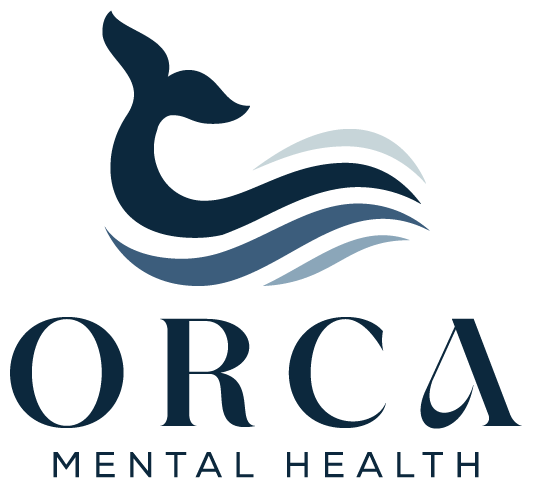- Home
- Levels of Care
- Inpatient Mental Health
Each individual’s mental health journey is unique
- Our Program
Inpatient Mental Health in San Diego
At ORCA Mental Health, we believe in providing information about all levels of behavioral health care available in San Diego County, even those we don’t directly offer. While we specialize in Partial Hospitalization Program and Intensive Outpatient Program for men, we understand that some individuals may require more intensive care through inpatient treatment programs.
- About Our Program
What is Inpatient Mental Health Treatment?
When Inpatient Treatment May Be Necessary
Inpatient behavioral health care is generally appropriate for individuals who:
- Are experiencing acute psychiatric symptoms that pose a risk to themselves or others
- Require medically supervised detoxification from substances
- Need immediate stabilization during a mental health crisis
- Have attempted or are at high risk for suicide
- Are experiencing severe symptoms of schizophrenia or bipolar disorder
- Require medication adjustments that need close monitoring
- Have not responded to less intensive levels of care
- ORCA Mental Health
Individualized Approach
- About Our Program
Components of Inpatient Mental Health Programs in California
Psychiatric hospitals and inpatient facilities provide round-the-clock monitoring by mental health professionals, including psychiatrists, nurses, and mental health technicians. This continuous care ensures immediate response to any changes in a patient’s condition.
Treatment days are highly structured with various therapeutic activities, including:
- Individual psychotherapy sessions
- Group therapy
- Medication management
- Psychoeducational groups
- Cognitive Behavioral Therapy
- Skill-building workshops
- Wellness activities
Upon admission to a treatment center, patients receive thorough psychiatric evaluations to develop individualized treatment plans addressing their specific mental health disorders and goals.
Medical professionals closely monitor and adjust medications as needed, with immediate access to psychiatric care for medication-related concerns.
Inpatient facilities provide a secure setting free from harmful influences, allowing patients to focus entirely on their recovery and well-being.
Typical short-term inpatient stays in San Diego medical centers range from a few days to several weeks, depending on:
- Severity of symptoms
- Progress in treatment
- Insurance coverage
- Individual needs and response to treatment
- Why Choose Us
When to Consider Inpatient Treatment
You should consider seeking inpatient behavioral health services in San Diego if you or a family member:
- Are having thoughts of harming yourself or others
- Cannot safely care for yourself due to mental illness
- Are experiencing severe symptoms that interfere with daily functioning
- Have not improved with outpatient treatment
- Are experiencing a psychological crisis requiring immediate intervention
- Need specialized care for substance use disorders
- Multiple Levels of Support
Transitioning to Lower Levels of Care
After inpatient treatment, individuals typically transition to less intensive levels of care, with appropriate follow-up support such as:
Residential Treatment
For some, a step-down to residential treatment provides continued structure while allowing more independence than an inpatient psychiatric hospital.
Partial Hospitalization Program (PHP)
Our PHP at ORCA Mental Health provides a structured treatment environment allowing men to return home in the evenings. This program serves as an effective step-down from inpatient care, offering quality care while beginning the transition back to daily life.
Intensive Outpatient Program (IOP)
Our IOP offers focused treatment 3 hours per day, allowing for greater independence while maintaining significant therapeutic support. Sessions provide essential behavioral health care while accommodating work or school responsibilities.
Outpatient Programs
Regular outpatient therapy sessions provide ongoing support once acute symptoms have stabilized.
- What to Expect
The ORCA Mental Health Difference
ORCA Mental Health specializes in trauma-focused, holistic care specifically designed for men through our PHP and IOP programs. Our approach includes:
- Evidence-based therapies including cognitive behavioral therapy, EMDR, and Internal Family Systems
- Specialized treatment tracks for veterans, LGBTQIA+ individuals, professionals, young adults, and those with trauma or co-occurring disorders
- Holistic modalities including yoga, meditation, sound healing, and nutrition therapy
- A compassionate approach tailored to men’s unique mental health conditions
- Supportive housing options to provide stability during treatment
Trauma-focused, holistic care designed for men
- About Our Program
Taking the Next Steps
If you’re currently in an inpatient facility and planning your next phase of treatment, or if you’re seeking alternatives to inpatient care, our team at ORCA Mental Health is here to help determine if our men’s PHP or IOP programs would be appropriate for your needs.
Our clinicians work collaboratively with other health care providers across San Diego to ensure continuity of care and a smooth transition between treatment programs.
Contact us to discuss your treatment options and learn more about our specialized behavioral health services for men in San Diego County, California.
- Get Help With Costs
We Accept Most Major Insurances
Contact our team or fill out our online form to verify your insurance coverage.








- Get Started
Take the First Step Toward Recovery
At ORCA Mental Health, we believe in a holistic and individualized approach to mental health care. We recognize that every journey is unique, and our programs are tailored to the specific needs of each client.
- Our clients receive the most effective and relevant treatment
- We work collaboratively to provide the highest standard of care
- Our Community fosters long-term recovery and personal growth

